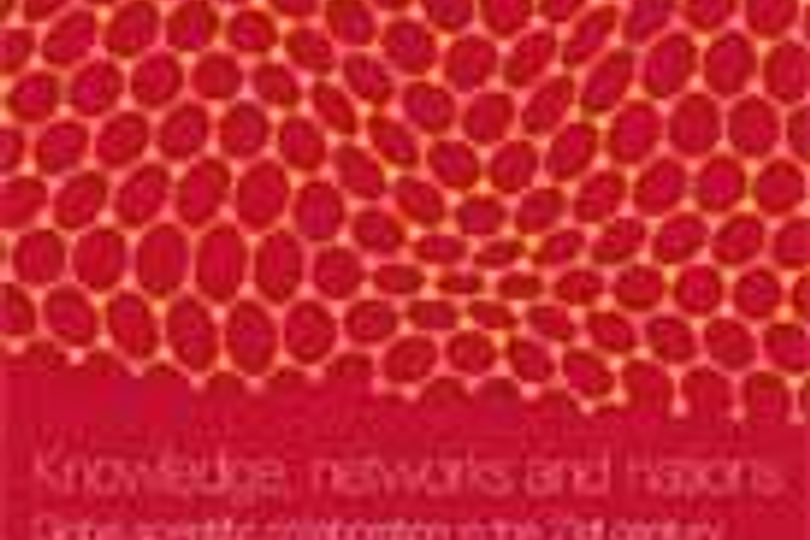
Professor Angela McLean (co-Director of the Institute for Emerging Infections) has helped author a major new report published by the Royal Society.
“Knowledge, Networks and Nations” surveys the global scientific landscape in 2011, noting a shift in the global balance of scientific investment, productivity and impact. While a survey of scientific publications shows that the world’s emerging economies are beginning to challenge the traditional scientific leaders in North America, Europe and Japan, the report also shows how the scientific world is becoming more interconnected, with international collaboration on the rise. Over a third of all articles published in international journals are internationally collaborative, up from a quarter 15 years ago.
The following is an extract from the Royal Society’s press release:
Collaboration is increasing for a variety of reasons. Enabling factors such as advances in communication technology and cheaper travel have played a part, but the primary driver of most collaboration is individual scientists. In seeking to work with the best of their peers and to gain access to complementary resources, equipment and knowledge, researchers fundamentally enhance the quality and improve the efficiency of their work.
Today collaboration has never been more important. With human society facing a number of wide-ranging and interlinked ‘global challenges’ such as climate change, food security, energy security and infectious disease, international scientific collaboration is essential if we are to have any chance of addressing the causes, or dealing with the impacts, of these problems. Through a few selected case studies, we examine the achievements of some of the current efforts to tackle these challenges, discuss problems they have faced, and highlight important lessons their experience has to offer similar initiatives.
"Knowledge, Networks and Nations", in cooperation with Elsevier, was led by a high-level Advisory Group of leaders and experts in international science and science policy, chaired by Sir Chris Llewellyn Smith FRS, Director of Energy Research at the University of Oxford and former Director General of CERN, and drew on evidence, analysis and extensive consultation with scientists and policymakers from around the world.
It makes 5 major recommendations:
- Support for international science should be maintained and strengthened
- Internationally collaborative science should be encouraged, supported and facilitated
- National and international strategies for science are required to address global challenges
- International capacity building is crucial to ensure that the impacts of scientific research are shared globally
- Better indicators are required in order to properly evaluate global science
- See the Royal Society press release
- Download the report "Knowledge, Networks and Nations"
- Professor Angela McLean